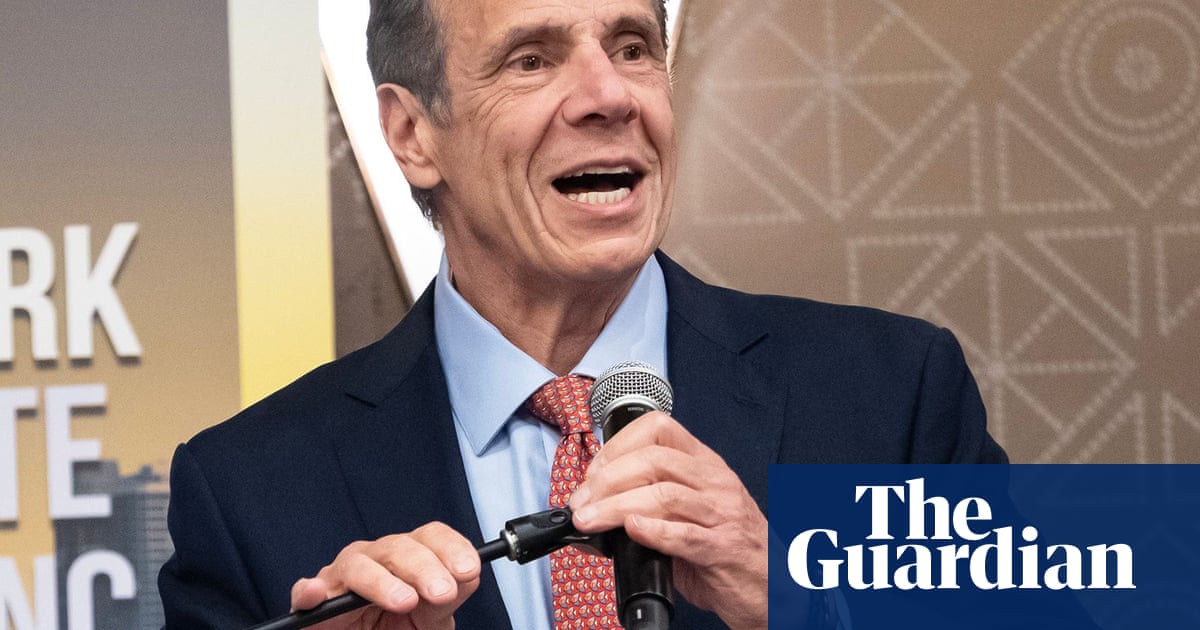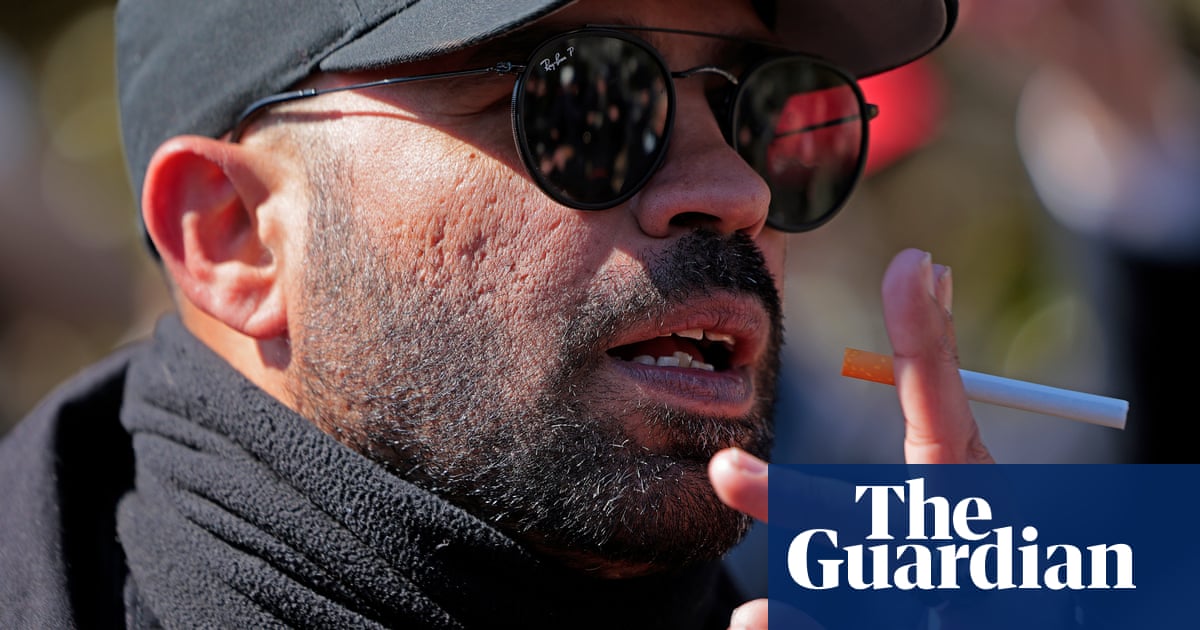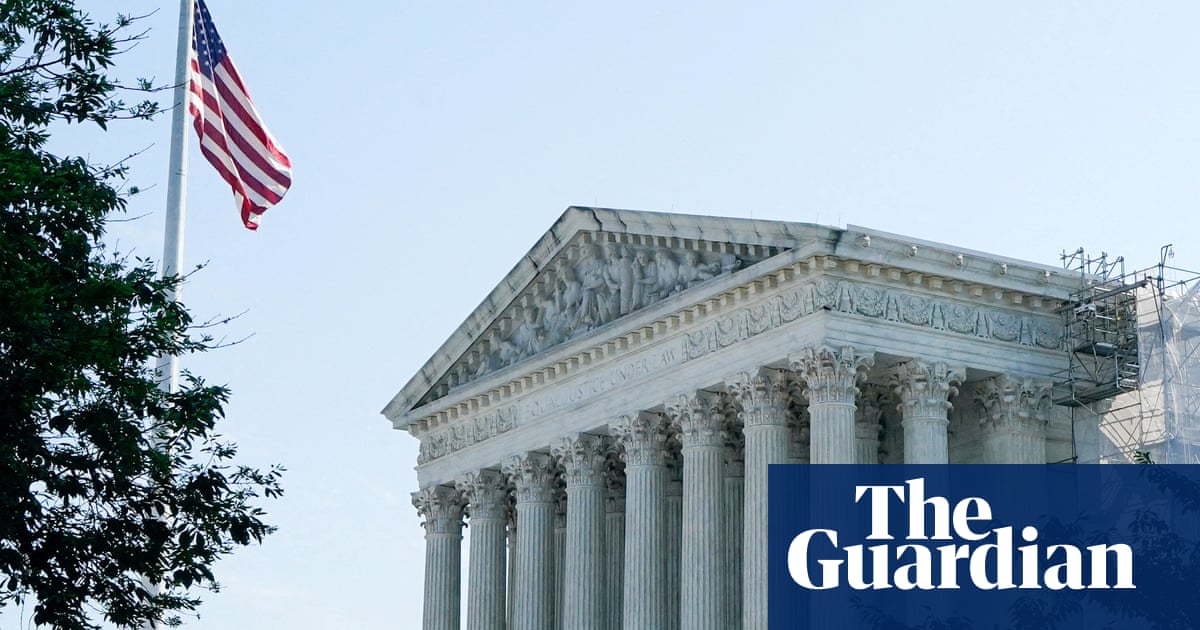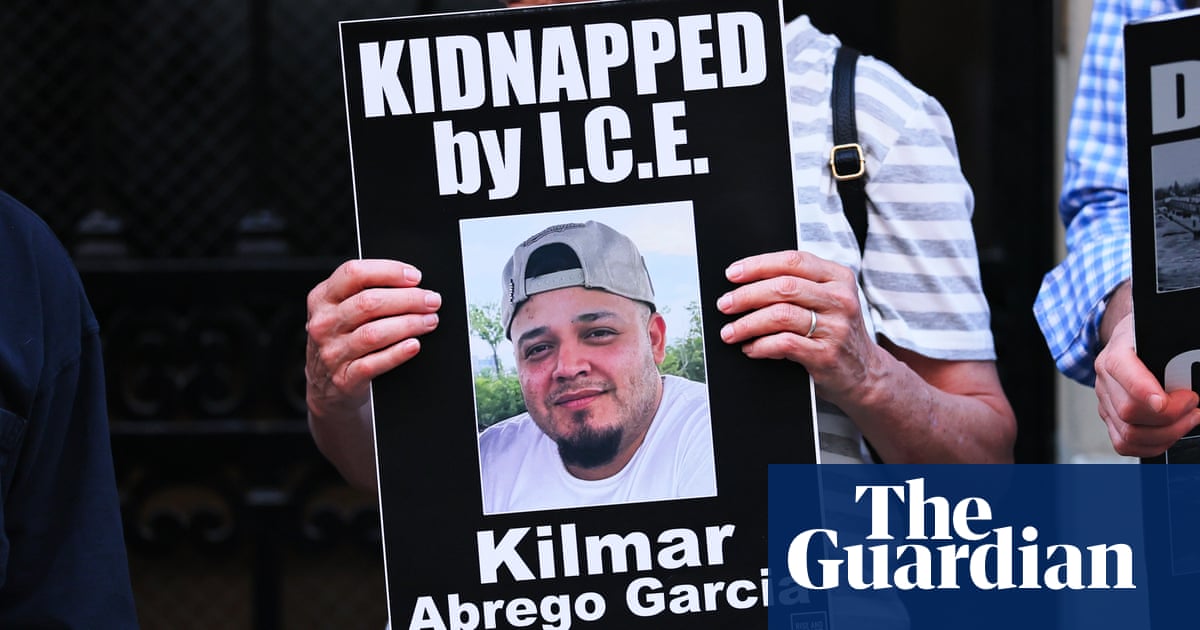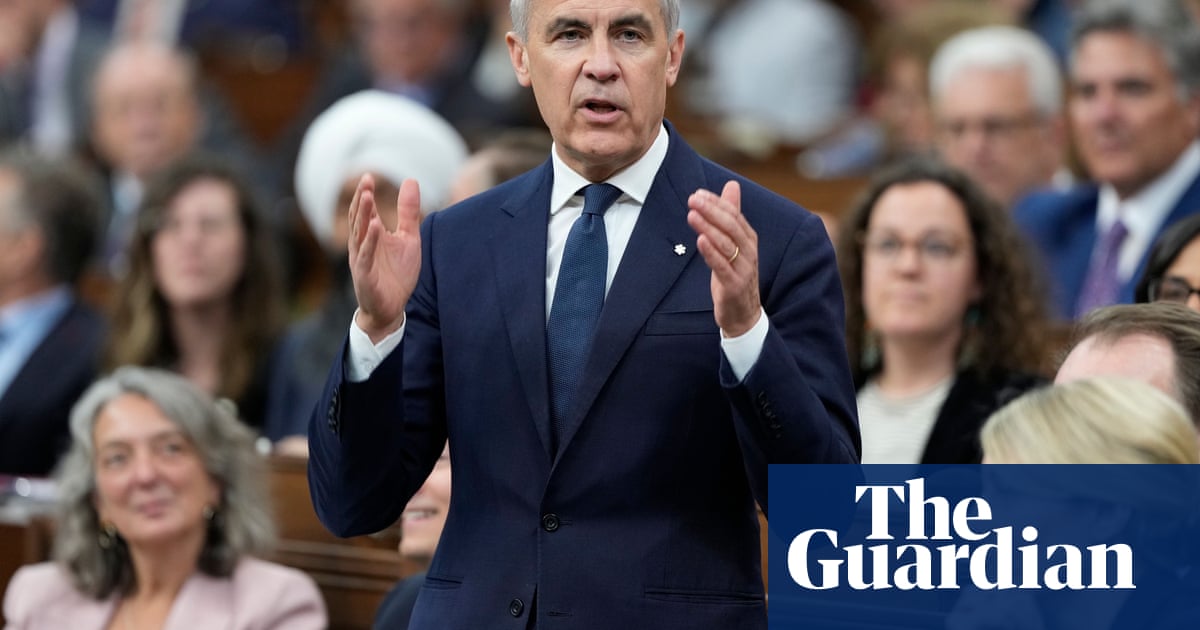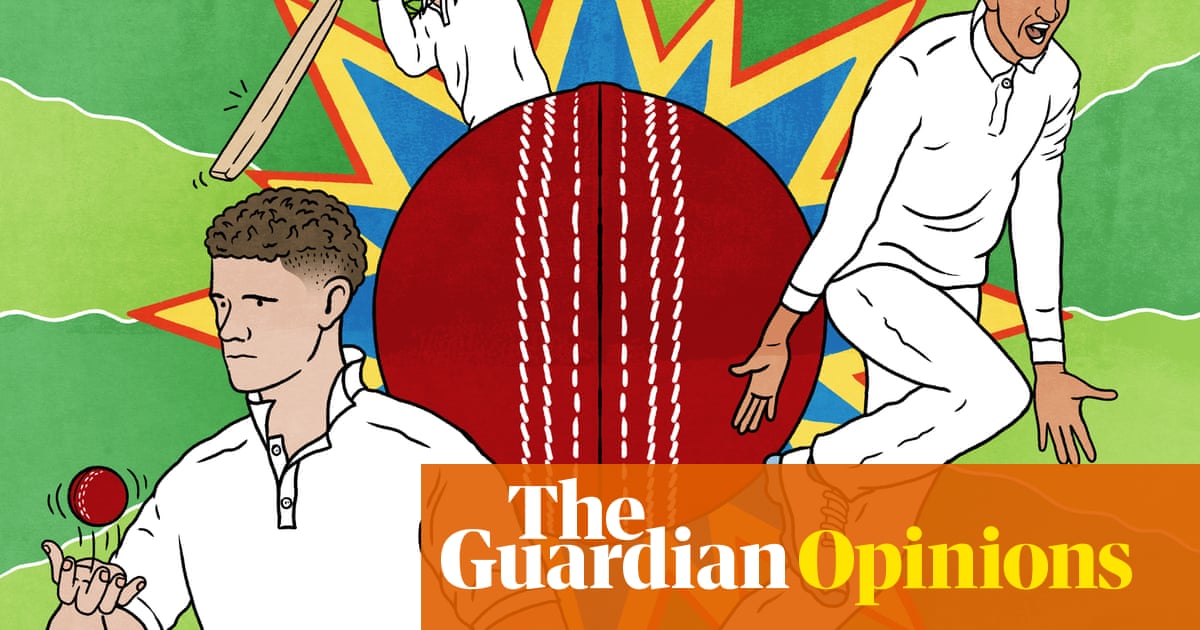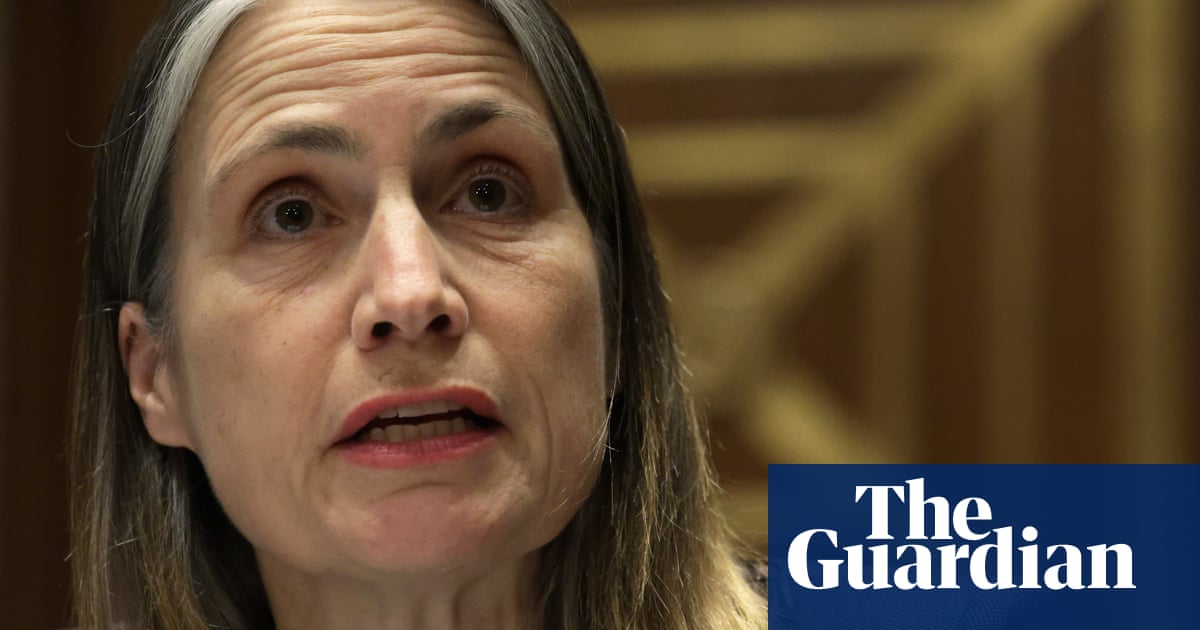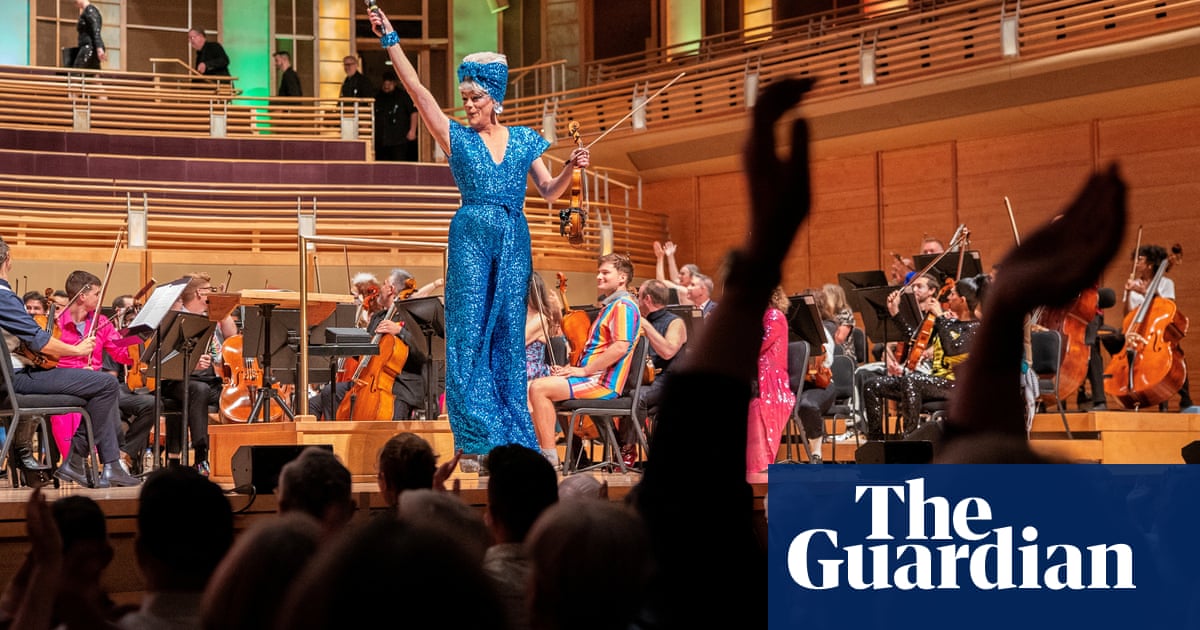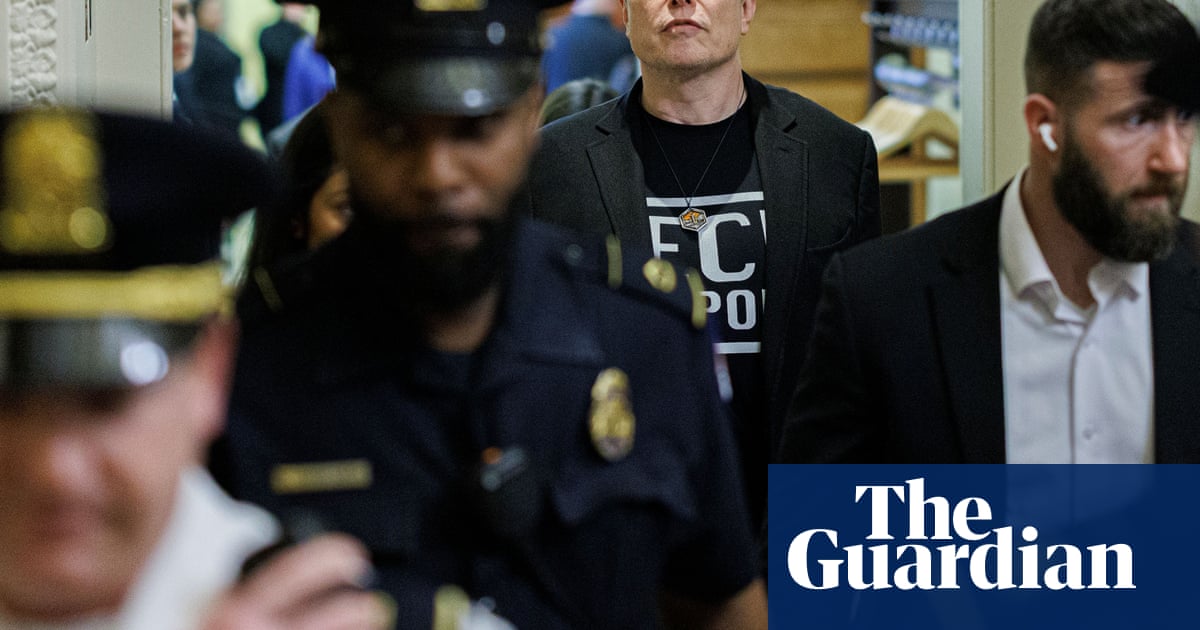Home to the world’s largest Catholic population, Brazil has once again witnessed a decline in the faith’s following, according to new figures released by the country’s national statistics institute (IBGE).
Thirty years ago, Catholics made up 82.9% of Brazil’s population but now account for just over half, 56.7%, according to the 2022 census – whose results on religion were only released on Friday.
Meanwhile, the number of evangelicals has continued to grow, rising from 9% of the population to 26.9% over the past three decades.
Although the growth rate has slowed slightly – rising by 6.5 percentage points between 2000 and 2010, and 5.3 since – the new data shows that, for the first time, at least one in four Brazilians identifies as evangelical.
The analysts did not specify the denominations among evangelicals and said they do not yet know if this will be detailed in the future.
“In recent years, we’ve seen a growing presence of evangelicals emerging and gradually asserting themselves in society, taking a stand, expressing their values, ideas, and faith,” said an IBGE analyst, Maria Goreth Santos.
Gospel singers and religious influencers have become superstars, evangelical-themed books consistently top bestseller lists, and Brazil’s still immensely popular telenovelas have increasingly incorporated evangelical characters and storylines into their plots.
In politics, evangelicals have emerged as a significant political force, forming one of the main support bases for the far-right former president Jair Bolsonaro, and now pose an additional challenge for the leftist president Luiz Inácio Lula da Silva, as he prepares to seek re-election in 2026.
A poll released earlier this week showed that, despite positive economic indicators, the veteran South American leader is struggling in his third term: disapproval stands at 57% among the general population but is even higher among evangelicals, at 66%.
“Rationally, the government understands it needs to engage with evangelicals, but internally, many of Lula’s party leaders still believe religion is a thing of the past and that the faithful are simply people who haven’t had proper access to education,” said the anthropologist and historian Juliano Spyer, author of books on the evangelical movement in Brazil.
The new IBGE data also showed that, proportionally within each group, there are more Black evangelicals than white ones – a particularly relevant finding given that the majority of Brazil’s population, 56%, is Black.
Although Catholics remain the majority in both cases, just one in four white Brazilians identifies as evangelical, compared with one in three among Black Brazilians.
The data also showed an increase in the number of people with no religious affiliation, rising from 4.6% 30 years ago to 9.3% today.
Another significant figure the IBGE researchers highlighted was the growth in the number of followers of Afro-Brazilian religions such as candomblé and umbanda, which rose from 0.3% to 1%.
The Brazilian state has historically persecuted followers of Afro-Brazilian religions.
Brazil was the country that kidnapped the highest number of enslaved Africans, and during the more than three centuries of slavery, practising any faith other than Catholicism was prohibited. After abolition in 1888, religions of African origin were still criminalised.

It was only with the adoption of the country’s most recent constitution, in 1988, that practitioners of umbanda and candomblé gained some form of state protection – at least in theory. In recent years, however, they have again faced persecution, this time from extremist Catholics and evangelicals and even drug traffickers who claim to have embraced Christianity.
Santos said that although followers of Afro-Brazilian religions still represent a small minority of the population, the rise in self-declared adherents may reflect both people who previously identified with other religions out of fear and actual migration.
She sees the growth as a potential result of “all these movements to celebrate Afro-Brazilian culture in recent years … with prominent figures in society, influencers and artists identifying with these religions … and also a massive campaign against religious intolerance”.

 13 hours ago
6
13 hours ago
6



